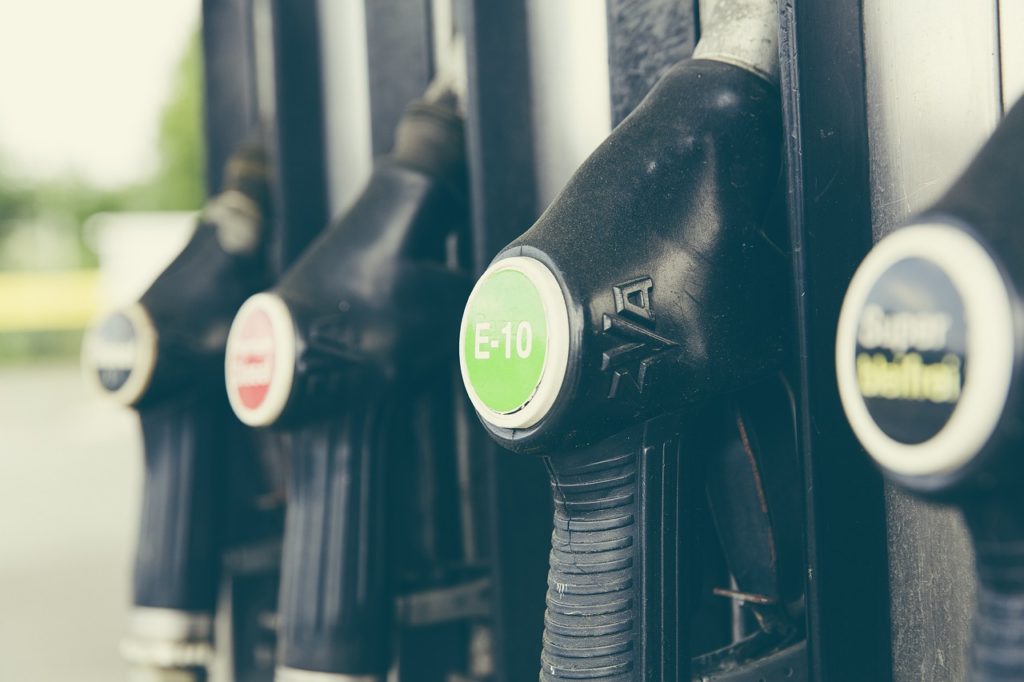Welcome to the world of gardening and lawn care, where precision and efficiency are key. One often-overlooked aspect of maintaining a well-manicured lawn is selecting the right fuel for your weed wacker. This seemingly small choice can make a significant difference in the performance and longevity of your equipment. In this article, we’ll dive deep into the various fuel options available, helping you make an informed decision and keep your weed wacker running smoothly.

The Importance of Selecting the Right Fuel
Your weed wacker is a reliable workhorse, but it relies on the right fuel to perform optimally. Using the wrong fuel can lead to engine problems, reduced efficiency, and increased maintenance costs. Let’s explore the various fuel options and their pros and cons.
Gasoline: The Classic Choice
Gasoline has been the go-to fuel for weed wackers for decades. It offers several advantages, including:
- High Power: Gasoline engines are known for their power, making quick work of even the toughest weeds.
- Portability: You can take your gasoline-powered weed wacker anywhere without worrying about cords.
- Availability: Gasoline is readily available at gas stations and home improvement stores.
However, there are some downsides to consider:
- Emissions: Gasoline engines emit pollutants harmful to the environment.
- Maintenance: Gasoline engines require regular maintenance and can be noisy.
Electric: Eco-Friendly and Convenient
Electric weed wackers have gained popularity due to their eco-friendliness and ease of use. Here’s what you need to know:
- Environmental Benefits: Electric models produce zero emissions, making them an eco-conscious choice.
- Low Noise: They operate quietly, reducing noise pollution in your neighborhood.
- Less Maintenance: Electric weed wackers require minimal maintenance.
On the flip side:
- Corded Limitation: Corded electric models have limited range due to the cord length.
- Less Power: They may not handle dense vegetation as effectively as gas-powered models.
Battery-Powered: The Best of Both Worlds
Battery-powered weed wackers offer a compromise between gas and electric models. Here’s why they’re worth considering:
- Portability: Like gas-powered models, battery-powered weed wackers are cordless and highly portable.
- Eco-Friendly: They produce no emissions during use, making them an eco-conscious choice.
- Moderate Power: Battery technology has improved, providing decent power for most jobs.
However, there are some factors to keep in mind:
- Battery Life: You’ll need to recharge the battery, which can limit your working time.
- Initial Cost: Battery-powered models can be more expensive upfront.
Selecting the Right Fuel for Your Weed Wacker
Now that you’ve explored the fuel options, it’s time to make a decision. The right choice depends on your specific needs and preferences. Consider factors such as the size of your lawn, your environmental concerns, and your budget.
FAQs

Q: Can I use regular gasoline in my weed wacker?
A: While you can use regular gasoline, it’s advisable to use ethanol-free fuel to prevent engine damage.
Q: How often should I clean my weed wacker’s air filter?
A: Cleaning the air filter every 10 hours of operation or at the start of the mowing season is recommended.
Q: What’s the average lifespan of a battery-powered weed wacker?
A: With proper care, a battery-powered weed wacker can last 5-10 years.
Q: Are there any additives I should put in my gas for a gasoline-powered weed wacker?
A: Yes, using a fuel stabilizer can extend the shelf life of your gasoline and prevent engine problems.
Q: Can I switch between different fuel types in my weed wacker?
A: It’s best to stick to one fuel type to avoid complications, but some models can handle multiple fuels.
Q: How do I store my weed wacker during the winter months?
A: Store it in a cool, dry place, and consider draining the fuel tank to prevent damage.
Conclusion
Selecting the right fuel for your weed wacker is a crucial decision that can impact its performance and longevity. Whether you opt for gasoline, electric, or battery-powered, each choice has its advantages and limitations. Make your decision based on your specific needs and environmental considerations. With the right fuel, your weed wacker will continue to be your trusted lawn companion, keeping your yard looking its best.
